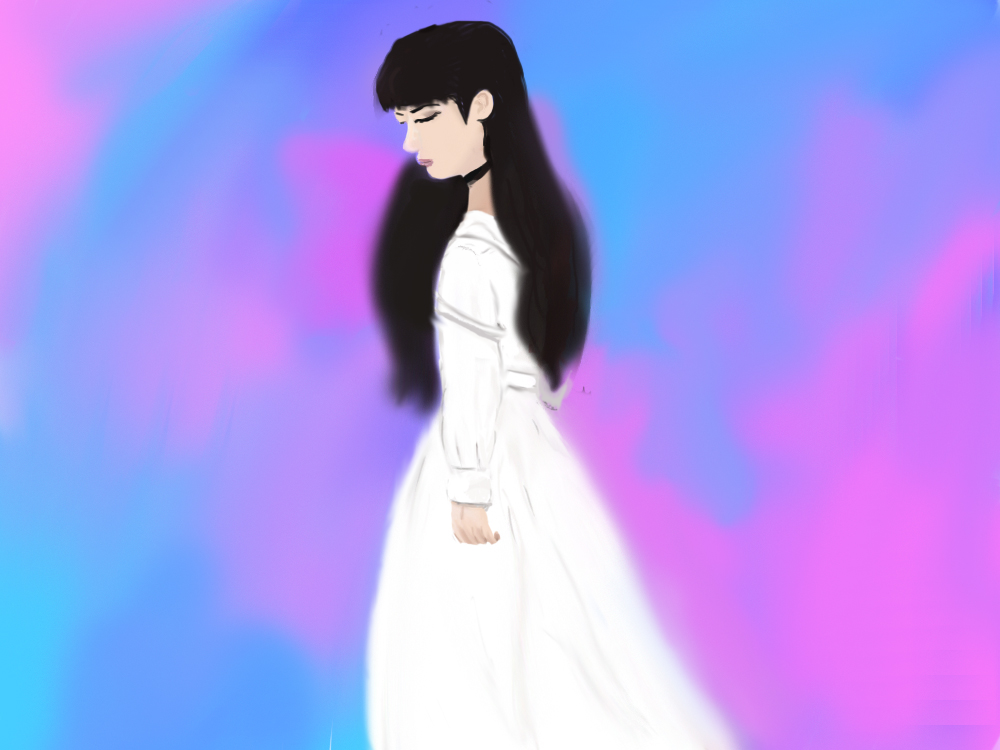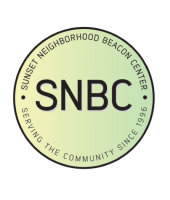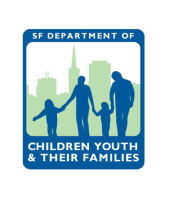Hey everyone! I thought I would try something a little new this time around. Recently, the Pride Club at my school has been talking more about gender expression and identity. Identity and expression, we agreed, are two different things in the respect that identity is the gender (and subsequently pronouns) that you see yourself as while expression would be more about preferences in expressing yourself in more masculine, feminine or androgynous ways, although normative society doesn’t really see them as two different spectrums.
I think that we can all agree that there are gendered products and clothing, and that people tend to have a more dramatic reaction to someone who doesn’t necessarily look like the gender they identify with. For example, makeup is still generally marketed towards women. In most YouTube videos I’ve seen of (mostly Western) people reacting to K-Pop for the first time, I’ve noticed that people first point out how much makeup the male idols are wearing rather than focusing on the actual song or music video. Some even comment on how weird it is to see men wearing even a little bit of eyeliner (nothing like Pete Wentz or Gerard Way circa 2009) or lip gloss, and these small comments always leave a sour taste in my mouth. You can certainly fight me on this but I think that compared to the Western music industry, or in regards to mainstream American standards at least, the K-Pop industry tends to be more fluid with gender norms a bit more than we do. Within the industry, it seems like people have more support to experiment with different gender expressions than they might have outside of it.
An example of someone who counters gender expectations is one of my own role models, Amber from the girl group f(x), who goes by feminine pronouns but is also androgynous. She continuously speaks out about her own identity and what she’s had to endure growing up as someone who didn’t look “like they’re supposed to.” I think that as a figure in a genre that’s expanding so quickly, she has a huge reach and can have a powerful influence on people who find themselves struggling with gender expectations and their own expression. If any of you are interested, you can check out her song “Borders”, which draws inspiration from her experiences around these topics.
On a lighter, but still connected note, another trend I’ve personally noticed popping up a lot more on social media is genderbent art! I thought that it’d be a cool drawing exercise so here’s my take on Ten from his first solo, “Dream in a Dream” with a more feminine expression.

If you’re interested, you can check out the video for “Dream in a Dream” below!





